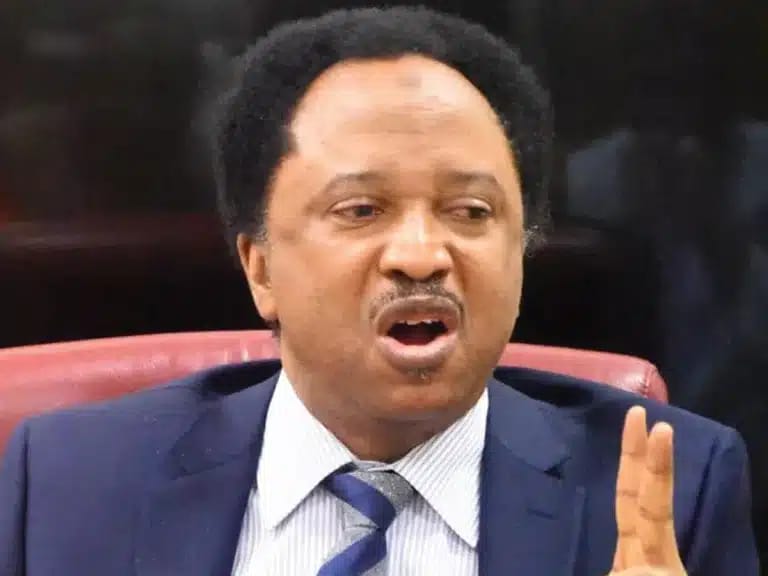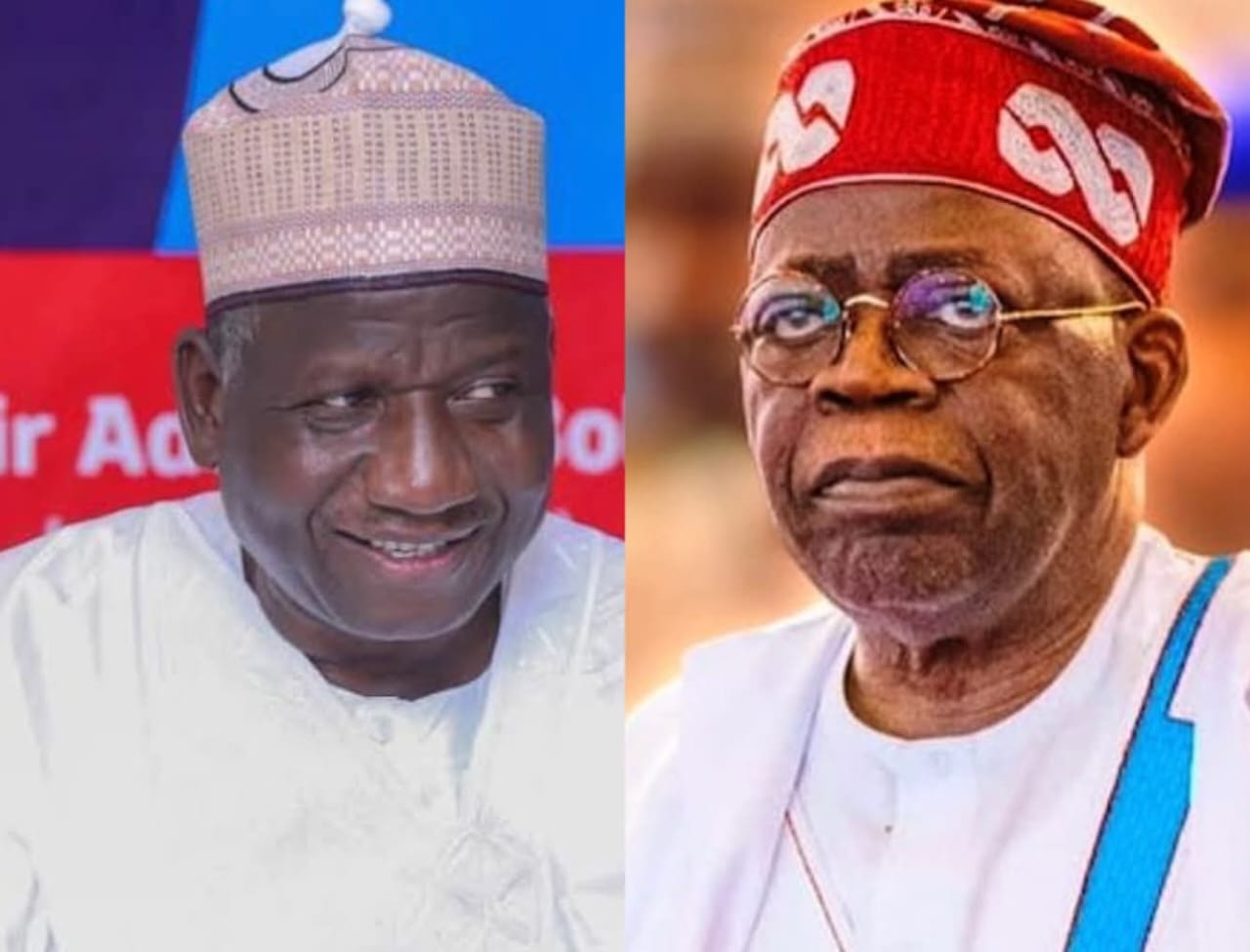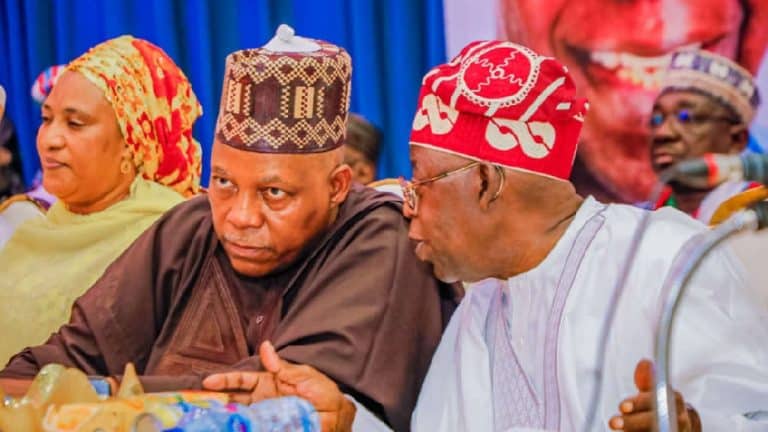Former federal lawmaker Senator Shehu Sani has criticized the emerging political coalition aiming to unseat President Bola Tinubu in the 2027 general election. Sani described the group as a gathering of disgruntled politicians pursuing personal interests rather than a genuine effort to offer Nigerians a credible alternative.
Speaking in Abuja on Sunday during an interview with journalists, Sani underscored the importance of a robust and principled opposition in a democratic society. However, he expressed concern that the current opposition coalition lacks the integrity and leadership qualities needed to hold the government accountable.
Sani warned that without a strong and credible opposition, Nigeria risks slipping into authoritarianism or a one-party state. He emphasized that while a coalition is necessary for democratic balance, its composition must reflect individuals with a track record of integrity and public service.
“A government without a meaningful opposition can easily drift toward dictatorship,” Sani said. “If all politicians collapse into a single party, and no one is left to challenge the system or raise important questions, the country is in danger. But this coalition cannot be taken seriously if it is merely a canopy of frustrated and angry people whose focus is on personal vendettas.”
He took particular aim at former Kaduna State Governor Nasir El-Rufai, criticizing his prominent role in the opposition movement. According to Sani, El-Rufai has been part of Nigeria’s political elite for decades and had multiple opportunities to bring about meaningful change, but failed to do so.
Sani pointed out that El-Rufai has held several powerful positions since Nigeria returned to democratic rule in 1999. These include serving as Director-General of the Bureau of Public Enterprises (BPE), Minister of the Federal Capital Territory (FCT), and two terms as governor of Kaduna State. Despite holding these key roles, Sani argued, El-Rufai did not deliver the reforms he now claims to support.
“He is not someone who emerged from the trenches or the grassroots struggle,” Sani said. “He has been part of the establishment for over two decades. Nigeria just marked 26 years of democracy, and El-Rufai was part of the system for most of that time. Why is he only now speaking as though he had no chance to make a difference?”
Sani also addressed the repeated presidential ambitions of former Vice President Atiku Abubakar, advising him to step aside and support younger aspirants. Atiku has contested for the presidency several times, most recently in 2023, but has yet to succeed.
According to Sani, constant attempts at the presidency without success not only diminish a candidate’s political credibility but also hinder the emergence of new leadership.
“Atiku has been in the political arena longer than most people. He should understand the implications of running in every election and not winning. It’s time to pass the torch to a younger generation and support new faces,” Sani said.
He reiterated that Nigeria needs a strong opposition, but cautioned that such a platform must be built on shared values, democratic principles, and the collective interest of the Nigerian people. He stressed that forming a coalition for the sake of gaining power, without a clear agenda or moral foundation, would not serve the country’s democracy.
Sani’s comments add to growing discussions about the nature and direction of Nigeria’s opposition politics ahead of the 2027 elections. As political realignments begin to take shape, questions are being raised about the sincerity, credibility, and capability of those seeking to challenge the current administration.
Although Sani supports the idea of an opposition alliance, he insists that it must be free from individuals who are perceived as having failed in their previous roles. He warned that building a coalition around such figures would undermine the public’s trust and fail to inspire the change that many Nigerians desire.
The criticism comes at a time when various political actors are positioning themselves for the 2027 general election. The current coalition under scrutiny comprises several high-profile former officeholders, some of whom have declared their dissatisfaction with President Tinubu’s leadership and have expressed interest in presenting a unified front against the ruling All Progressives Congress (APC).
However, Sani’s remarks highlight the internal challenges that could hinder the opposition’s credibility. His call for integrity, vision, and a generational shift in leadership has added a new dimension to the national conversation about political reform and accountability ahead of the next electoral cycle.





